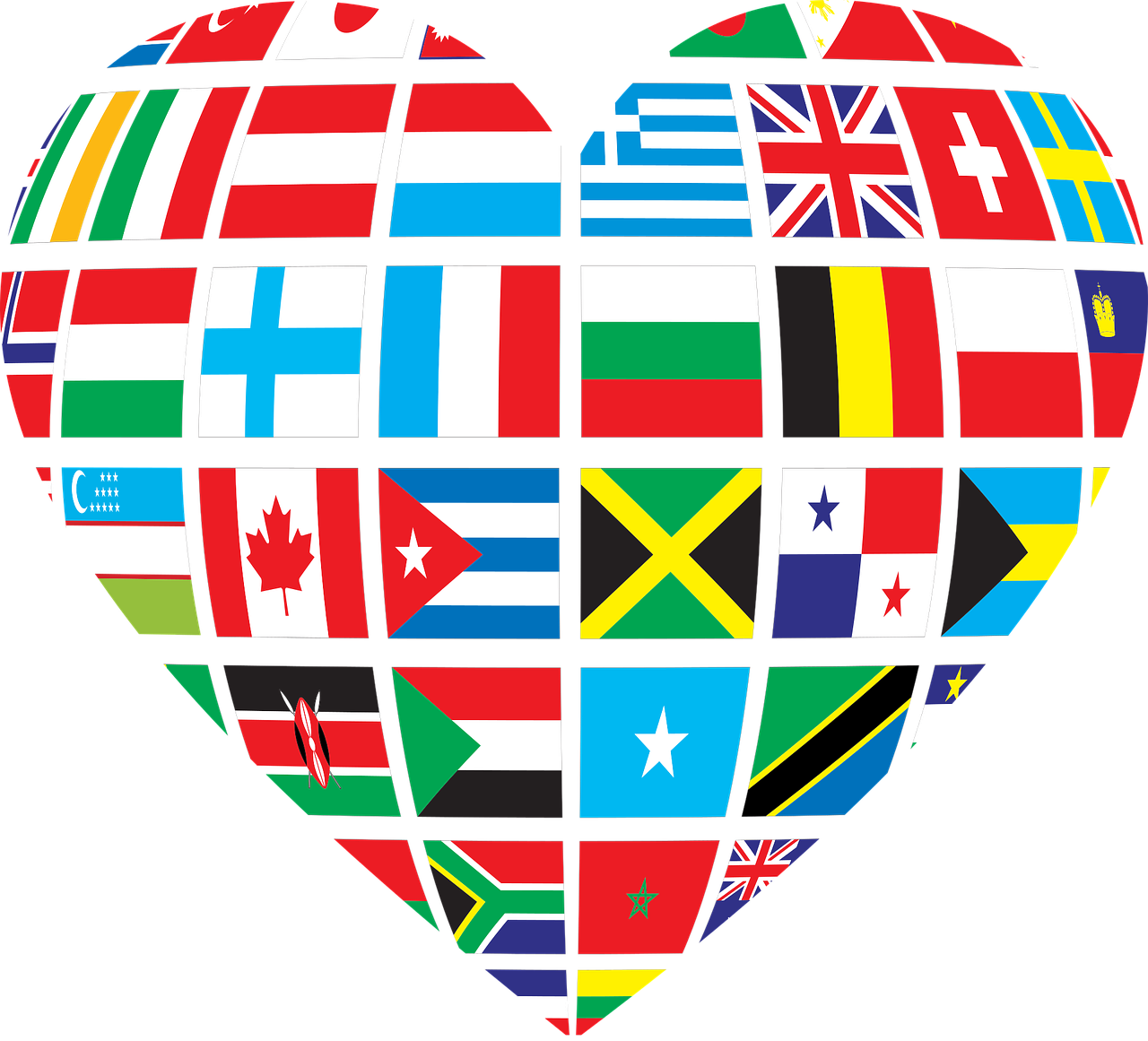Is Third Culture Kid (TCK) the same as Cross Cultural Kids (CCK)?

Who are Third Culture Kids?
The following definition of a certain group of people has been occupying my mind for the last couple of months (and even before then): THIRD CULTURE KID (TCK).
The first time I heard about this group was, when I was asked to participate in a PhD research as interviewee - fitting the description of TCK myself.
Third culture kids (TCK) are individuals who are (or were as children) raised in a culture other than their parents' or the culture of their country of nationality, and live in such an environment during a significant part of their early development years.[1] They typically are exposed to a greater volume and variety of cultural influences than those who grow up in one particular cultural setting. [2] The term applies to both adults and children, as the term "kid" refers to an individual's formative or developmental years. However, for clarification, sometimes the term adult third culture kid (ATCK) is used. (Wikipedia)
Third Culture Kid is a relatively recently pinpointed term for the above described individual, but finds a lot of resonance among like-minded people sharing these experiences.
Academic research is also focusing more on this topic in recent decades, as more global citizens evolve from the world wide movements ...
This magazine will bundle relevant content for those who want to know more about Third Culture Kid, who they are, where you can find them, what defines them, etc.
Is Third Culture Kid (TCK) the same as Cross Cultural Kids (CCK)?
For an elaboration on these two groups of individuals I can truly recommend the following source.
The Third Culture Model
@Model designed by Ruth E. Van Reken 1987
Common characteristics of Third Culture experience (for adults as well as kids)
- Cross-cultural lifestyle
- High mobility
- Expected repatriation
- Often a “system identity” with sponsoring organization/business (e.g. military, missionary, corporate, foreign service)
Cross-Cultural Kids (CCKs) Model
@Ruth van Reken
This group includes:
- Traditional TCKs –Children who move into another culture with parents due to a parent’s career choice
- Bi/multi-cultural/ and/or bi/multi-racial children —Children born to parents from at least two cultures or races
- Children of immigrants —Children whose parents have made a permanent move to a new country where they were not originally citizens
- Children of refugees —Children whose parents are living outside their original country or place due to unchosen circumstances such as war, violence, famine, other natural disasters
- Children of minorities —Children whose parents are from a racial or ethnic group which is not part of the majority race or ethnicity of the country in which they live.
- International adoptees —Children adopted by parents from another country other than the one of that child’s birth
- “Domestic” TCKs —Children whose parents have moved in or among various subcultures within that child’s home country.
- Special note: Children are often in more than one of these circles at the same time. (e.g. A traditional TCK who is also from a minority group; a child of immigrants whose parents are from two different cultures, etc.) This helps us understand the growing complexity of the issues we face in our changing world
- 7340 keer gelezen








Add new contribution